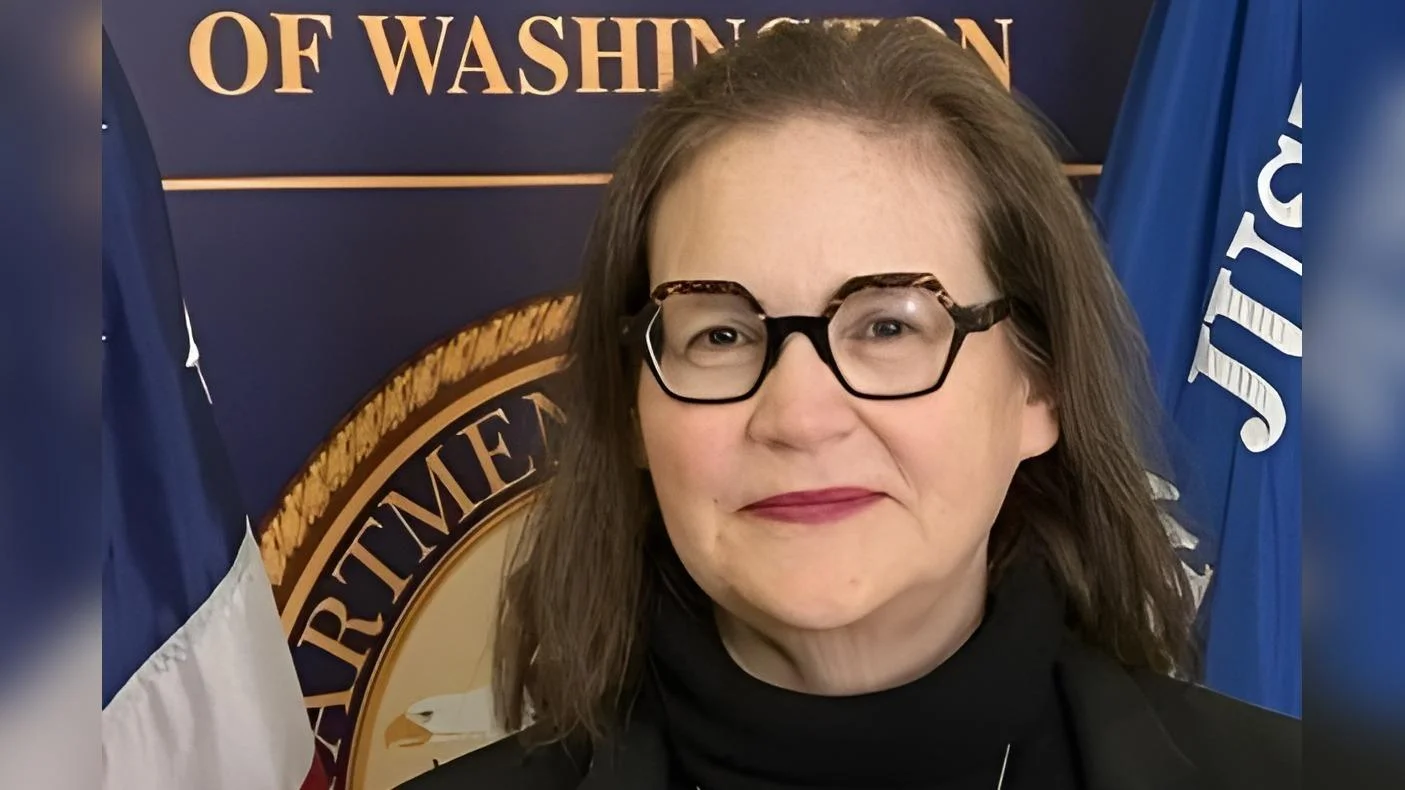Yehoshua Kilp, 39, was sentenced to 14 years in prison in U.S. District Court in Tacoma for leading a drug distribution cell linked to Aryan prison gangs. The sentencing follows a two-year investigation into drug trafficking organizations associated with the Aryan Family and Omerta prison gangs.
Chief U.S. District Judge David G. Estudillo commented on the scale of the operation during the sentencing hearing: “The amount of controlled substances we are talking about are mind-boggling… There were discussions about particularly potent batches of fentanyl that was possibly leading to overdoses and yet you kept going.”
Acting U.S. Attorney Teal Luthy Miller stated, “This defendant has been involved with the criminal justice system since age 14 and has caused significant harm. The wiretap investigation revealed that even when he was jailed on state charges, he continued to direct drug distribution activities.”
Court records show that Kilp purchased and distributed hundreds of pounds of methamphetamine, large quantities of heroin, and hundreds of thousands of fentanyl pills. In August 2022, law enforcement seized more than 44 kilograms of methamphetamine, over 4 kilograms of fentanyl-laced pills, cocaine, and heroin from an Airbnb where Kilp had been staying.
After his arrest on state charges, Kilp continued to direct drug operations through co-defendant Sara Thompson, who acted as his proxy for major narcotics deals. Thompson received a seven-year sentence in January 2025.
Despite being warned about the strength and overdose risk posed by certain fentanyl pills he distributed, Kilp discussed methods with co-conspirators to reduce purity or wrap drugs in more layers for smuggling purposes rather than halting distribution.
Kilp also faced indictment in Arizona for laundering drug money back to sources in Mexico. He pleaded guilty on March 12, 2025, to conspiracy charges involving both drug distribution and money laundering. His sentencing resolves related cases in both Arizona and Washington.
A coordinated law enforcement operation led to two dozen arrests on March 22, 2023. The effort involved ten SWAT teams and over 350 officers across federal and local agencies. On that day alone, authorities seized significant quantities of drugs—including methamphetamine, fentanyl pills and powder, heroin—and $330,000 cash from multiple locations in Washington and Arizona. Earlier seizures during the investigation included nearly a million fentanyl pills along with other narcotics and firearms.
Jesse Bailey—the leader at the top level of this drug ring—was sentenced in July to 17.5 years in prison; prosecutors described Kilp as just below Bailey’s rank within the organization.
Prosecutors wrote: “Kilp was the leader of a large network of drug redistributors responsible for moving hundreds of pounds of methamphetamine and hundreds of thousands of fentanyl pills.” Chief Judge Estudillo ordered five years’ supervised release following Kilp’s prison term.
The case is part of an Organized Crime Drug Enforcement Task Forces (OCDETF) investigation aimed at dismantling high-level criminal networks through cooperation among federal, state, and local agencies (https://www.justice.gov/ocdetf/about-ocdetf).
The FBI led this investigation with assistance from agencies including the Drug Enforcement Administration (DEA), Homeland Security Investigations (HSI), Washington State Department of Corrections; local support came from Tacoma Police Department, Pierce County Sheriff’s Office, Thurston County Narcotics Task Force (led by Thurston County Sheriff’s Office), Washington State Patrol, Customs and Border Protection Air and Marine division, Lewis County Sheriff’s Office, Lakewood Police Department, and U.S. Postal Inspection Service (USPIS).
Assistant United States Attorneys Zach Dillon, Max Shiner, and Jehiel Baer prosecuted the case.





